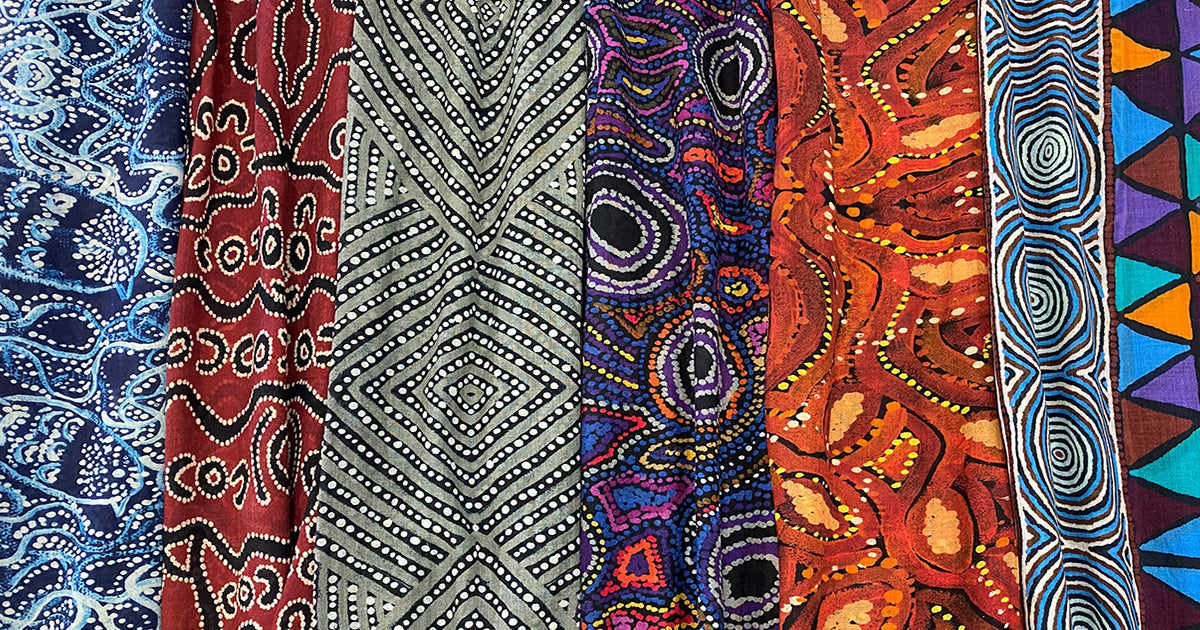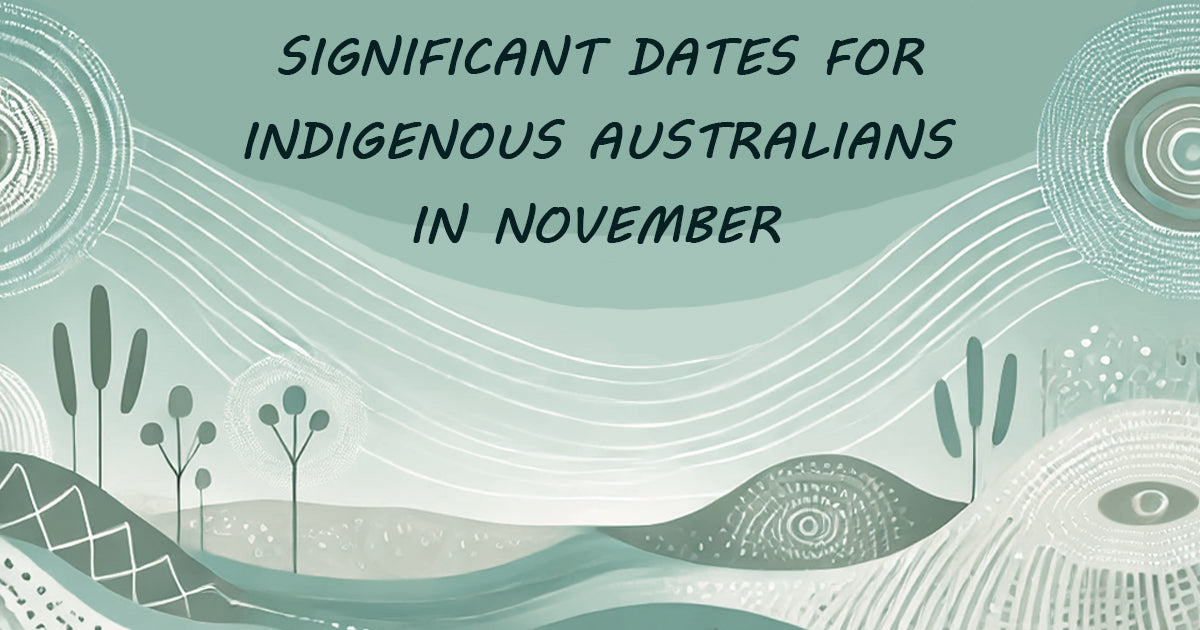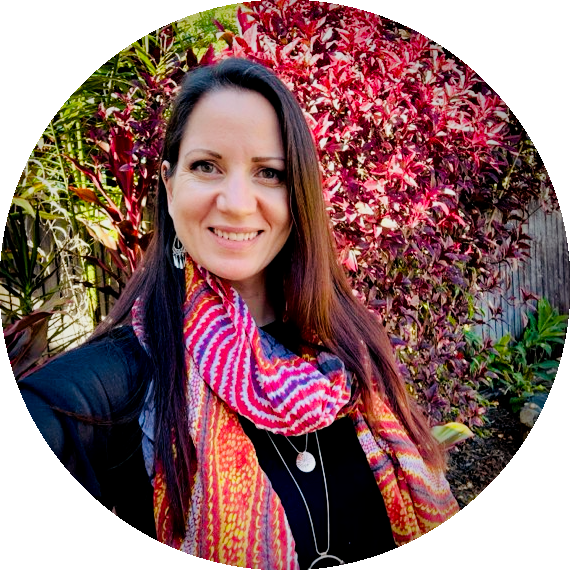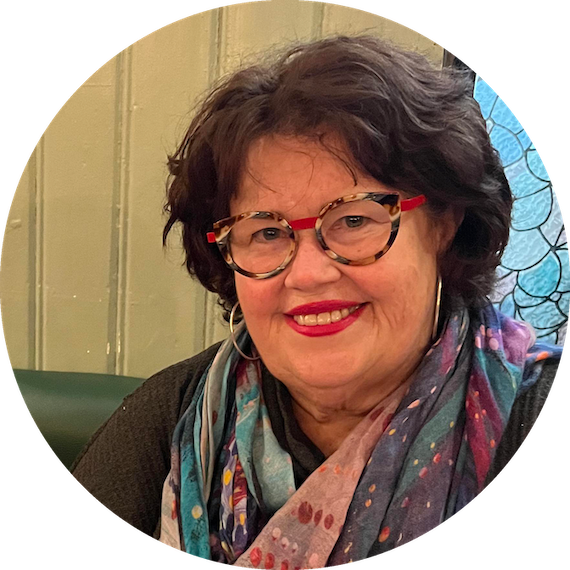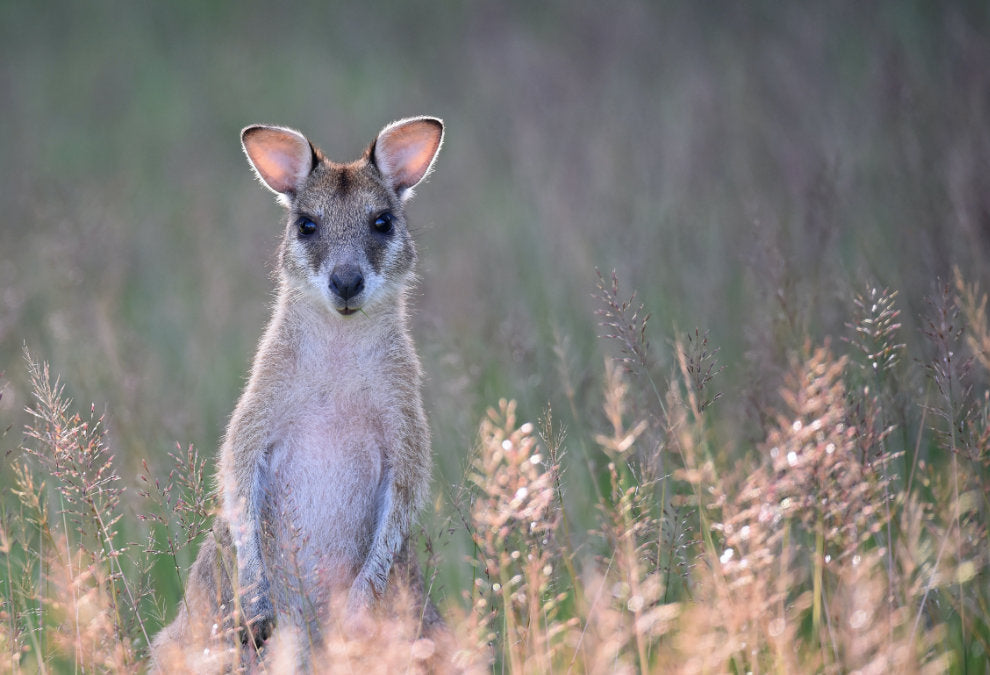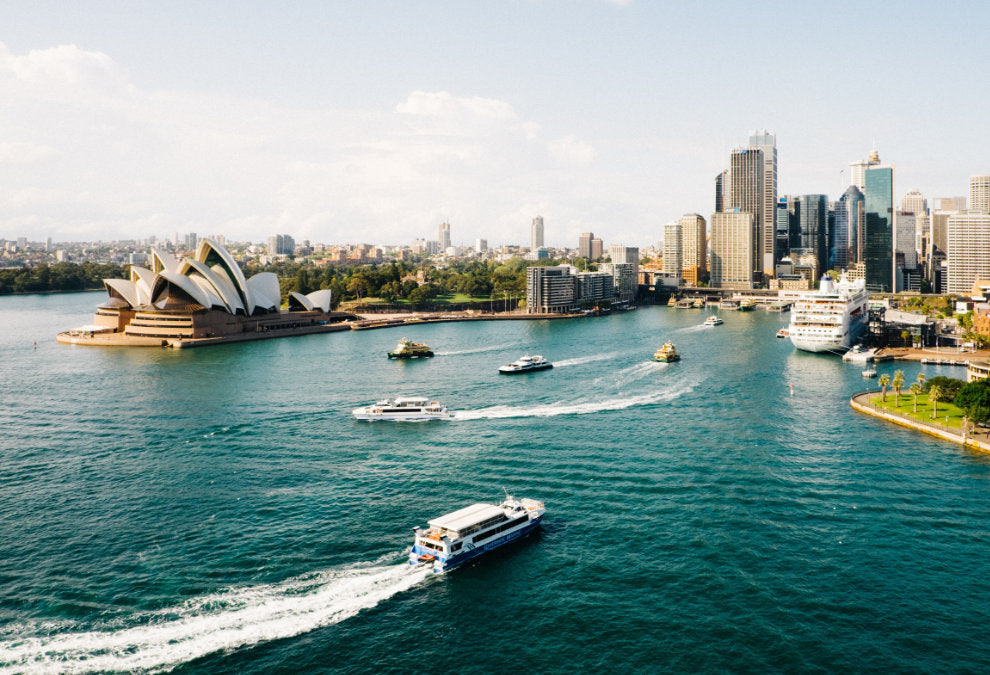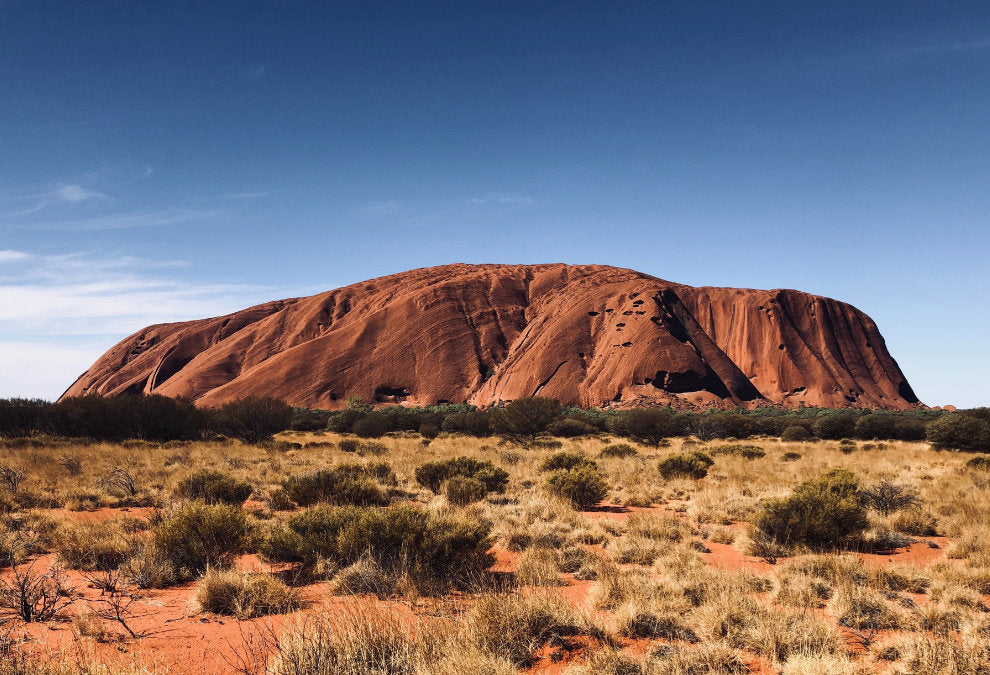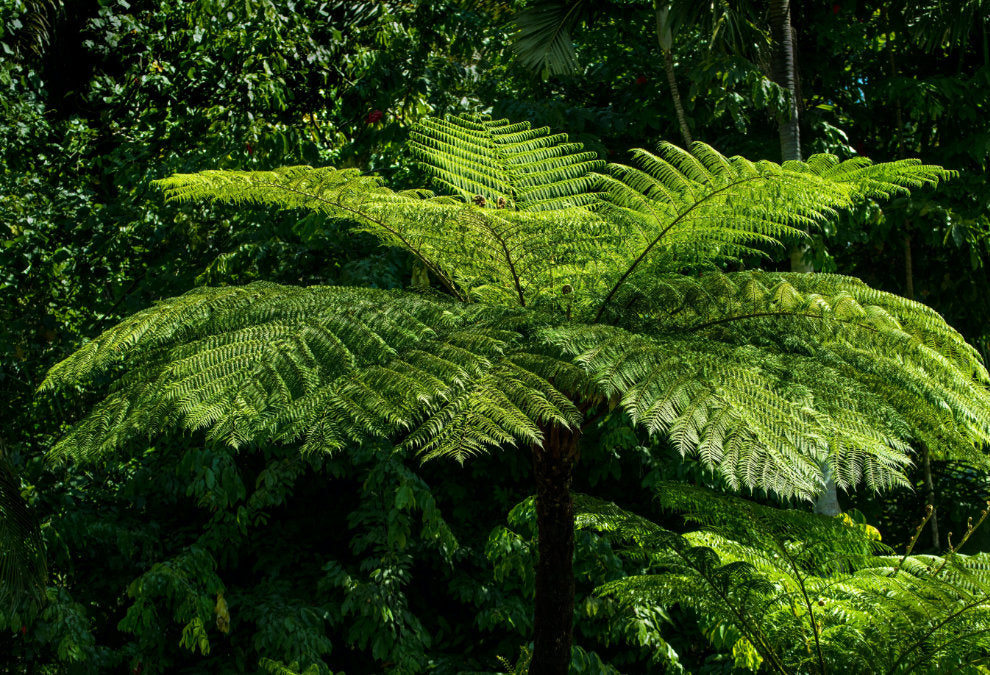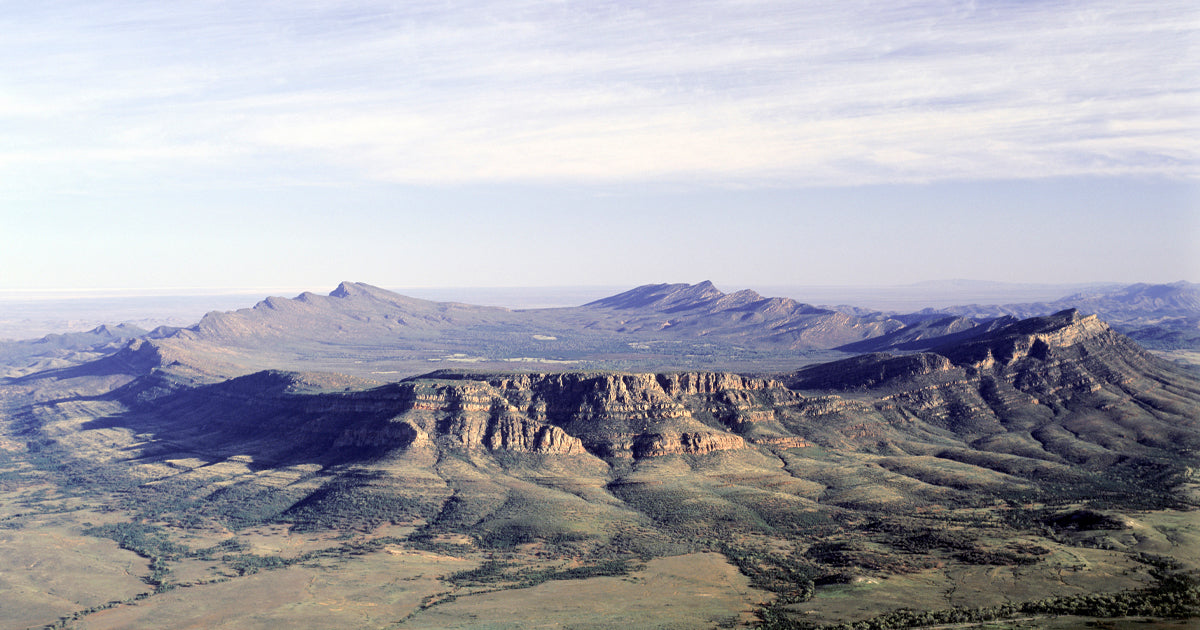
Ikara – The Heart of the Flinders Ranges: A Living First Nations Heritage Site
Rising from the vast South Australian outback, the Ikara–Flinders Ranges stand as one of Australia’s most breathtaking natural landscapes - a place where ancient geology and timeless culture meet. Stretching more than 430 kilometres from Port Pirie to Lake Callabonna, the ranges are home to spectacular gorges, rugged peaks, and the world-famous Wilpena Pound, a natural amphitheatre covering 80 square kilometres.
But beyond its dramatic beauty, Ikara holds a deeper story - one of spiritual significance, survival and enduring connection to Country.

Traditional Owners and Ancestral Homelands
For tens of thousands of years, the Adnyamathanha people - whose name means “hill people” or “rock people” - have lived among these ancient ranges. Their stories, songs and Dreaming tracks are woven into the hills, waterholes and valleys that define this Country. Rock paintings, engravings and cultural artefacts found across the region, including at Warratyi Rock Shelter, provide evidence of continuous occupation for at least 49,000 years.

The Akurra Adnya painting site. This significant Adnyamathanha site features ochre and charcoal paintings depicting the creation of Wilpena Pound and other aspects of local Yura Muda stories, particularly involving the Akurra creation serpents.
To the Adnyamathanha, Ikara is not just a place of natural beauty - it is a living landscape of ancestry, ceremony and identity. The very shape of Wilpena Pound, whose Adnyamathanha name Ikara means “meeting place,” reflects deep cultural meaning, tied to creation stories that have been passed down through countless generations.
Impact of Colonisation
The European invasion in the mid-1800s brought profound disruption. Pastoral expansion, mining and the imposition of “unoccupied waste lands” legislation displaced the Adnyamathanha and neighbouring Ngadjuri people from their traditional territories.
The establishment of sheep stations such as Wilpena, Arkaba and Aroona encroached on vital water sources and sacred sites. Atrocities such as the Brachina Gorge massacre of 1852, where at least 15 Aboriginal men, women and children were killed, remain a painful reminder of this violent history.
Traditional lifeways - including language, trade, ceremony and seasonal migration - were severely disrupted, yet the Adnyamathanha people endured, maintaining an unbroken spiritual bond with their Country.

Caring for Country Today
Today, the Ikara–Flinders Ranges National Park is co-managed by the Adnyamathanha Traditional Lands Association and the South Australian Department for Environment and Water. This partnership ensures that the land’s ecological and cultural heritage are protected in harmony.
Visitors are encouraged to explore with respect - to walk softly, listen deeply and honour the Adnyamathanha people’s continuing custodianship. Many areas within the park remain sacred, and access may be restricted to preserve cultural integrity.
The region is also of immense geological and scientific significance, home to the Ediacara Hills, where fossils dating back more than 550 million years revealed the earliest evidence of animal life on Earth.
In recognition of both its natural and cultural values, the Flinders Ranges are currently under consideration for UNESCO World Heritage listing, a process led jointly by the South Australian Government and the Adnyamathanha people.

A Living Story of Resilience
Ikara is more than a place of ancient beauty - it is a symbol of resilience, healing and continuity. For the Adnyamathanha people, caring for Country is not a practice of the past but a living responsibility, ensuring that the spirit of the land endures for future generations.
For all Australians and visitors from around the world, Ikara stands as a reminder that this land has always been and always will be Aboriginal land.
Mainie Australia acknowledges the Adnyamathanha people as the Traditional Custodians of Ikara–Flinders Ranges. We pay our deepest respects to their Elders past and present and recognise their continuing connection to Country and Culture.


